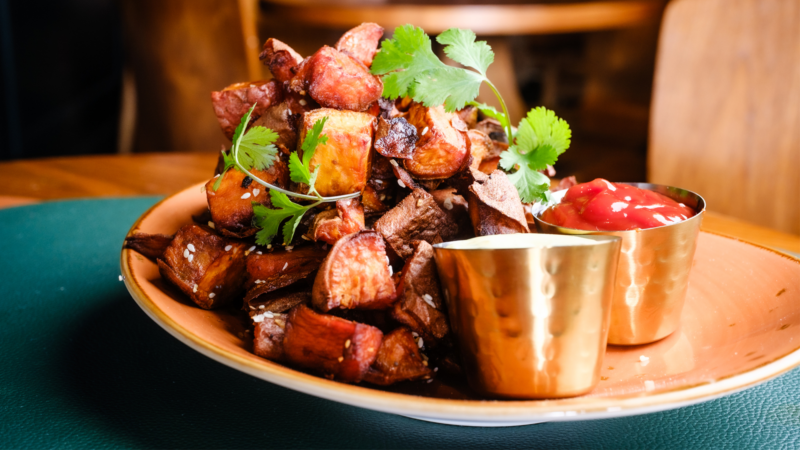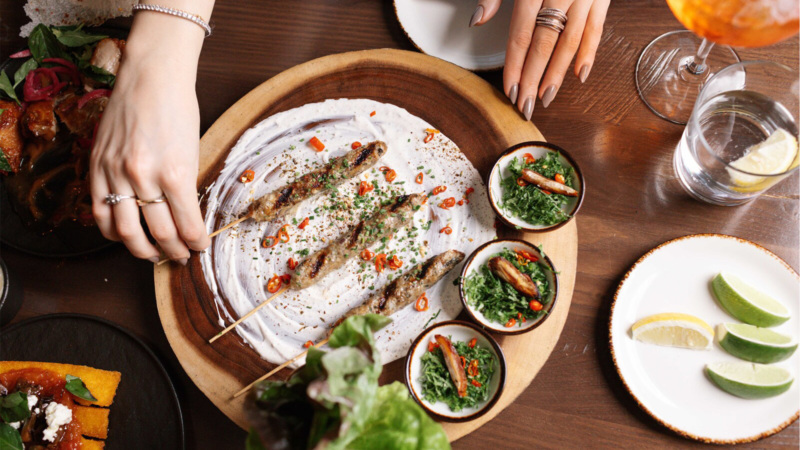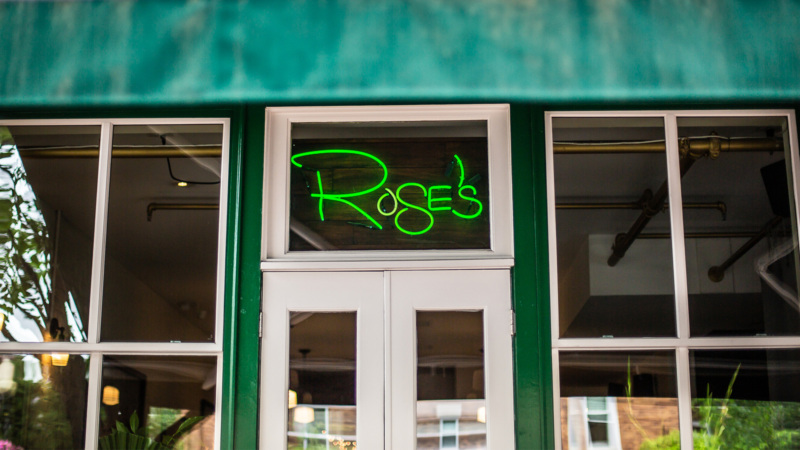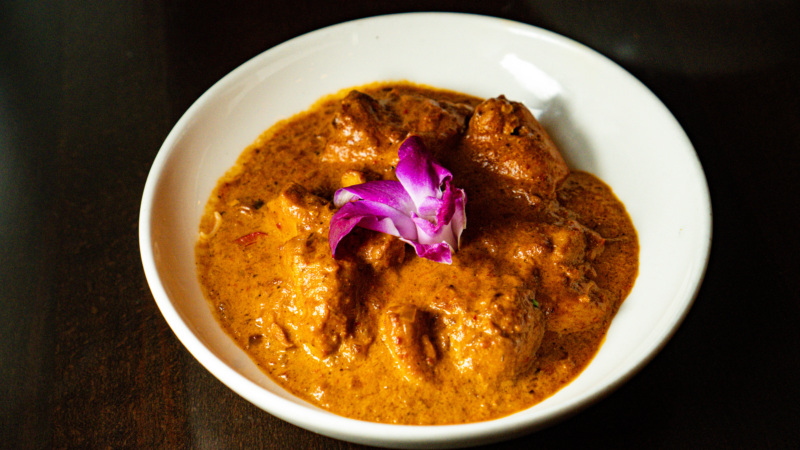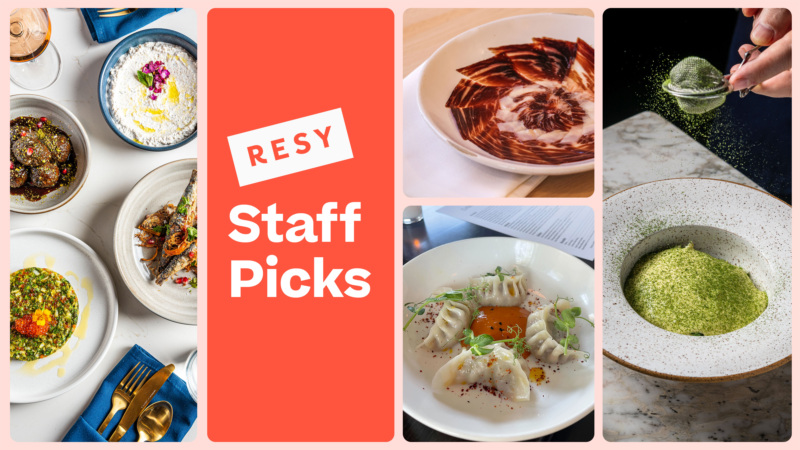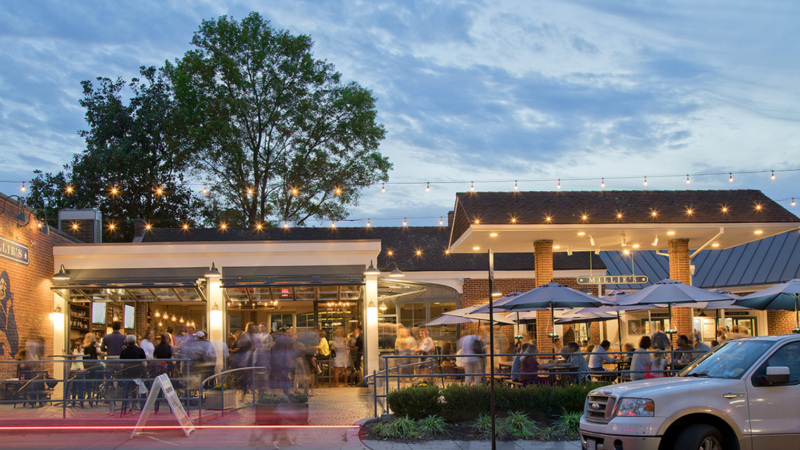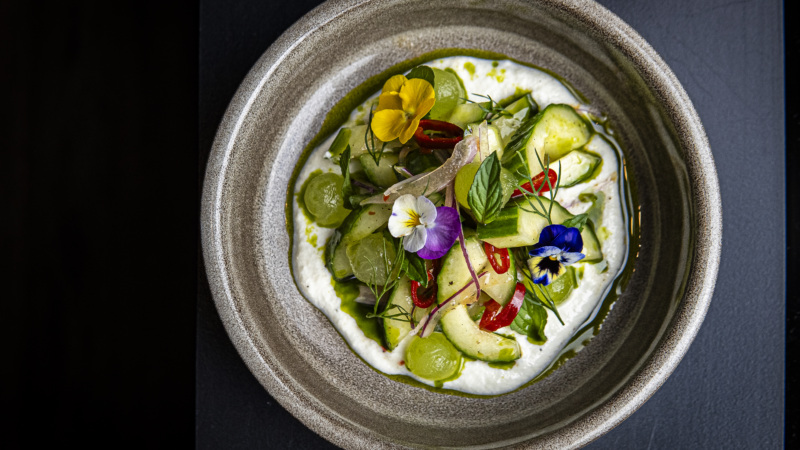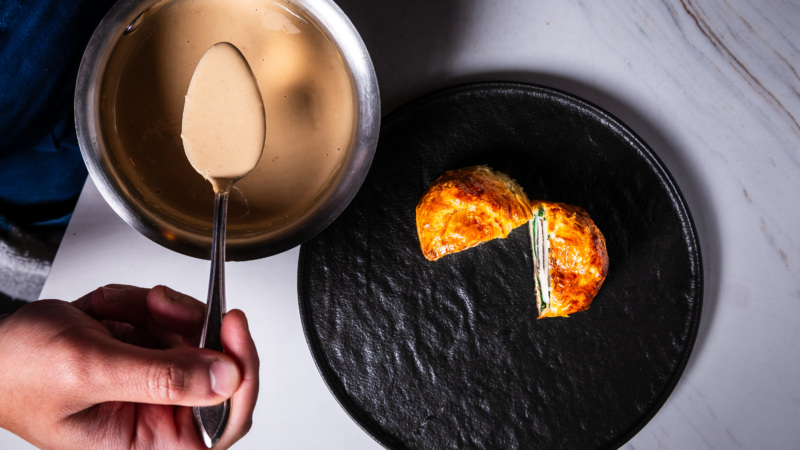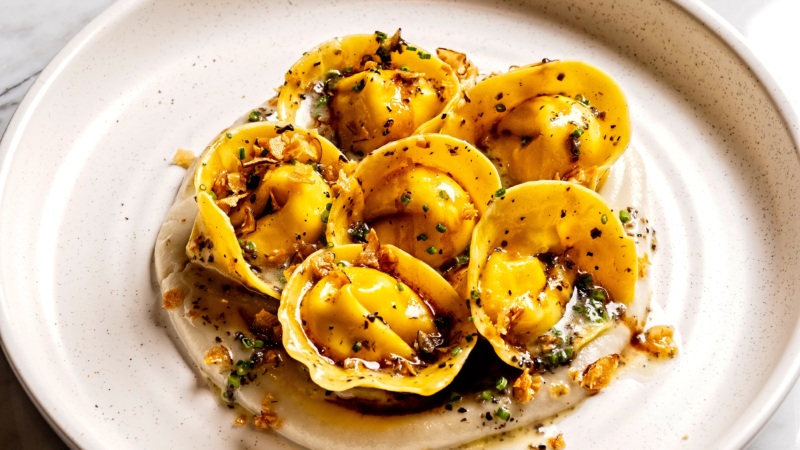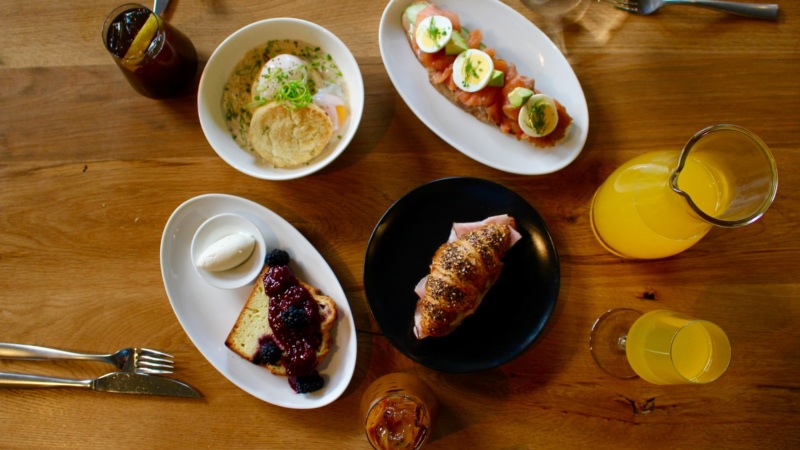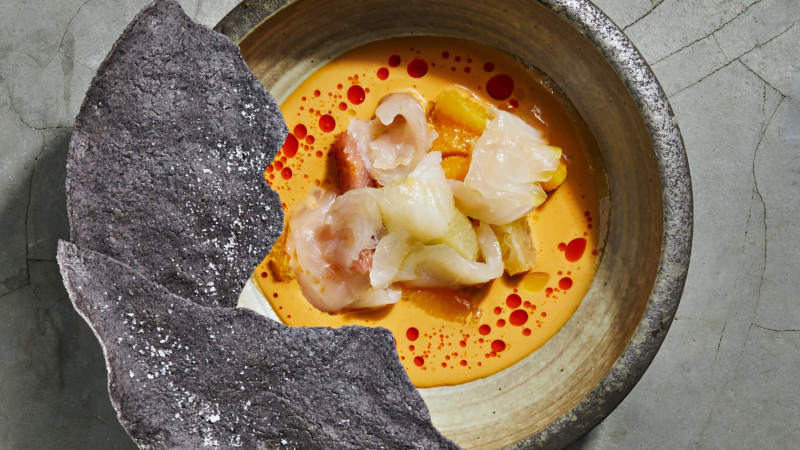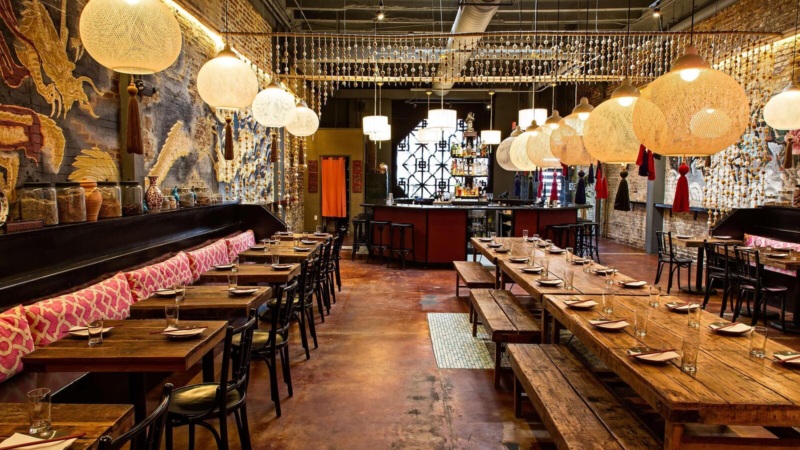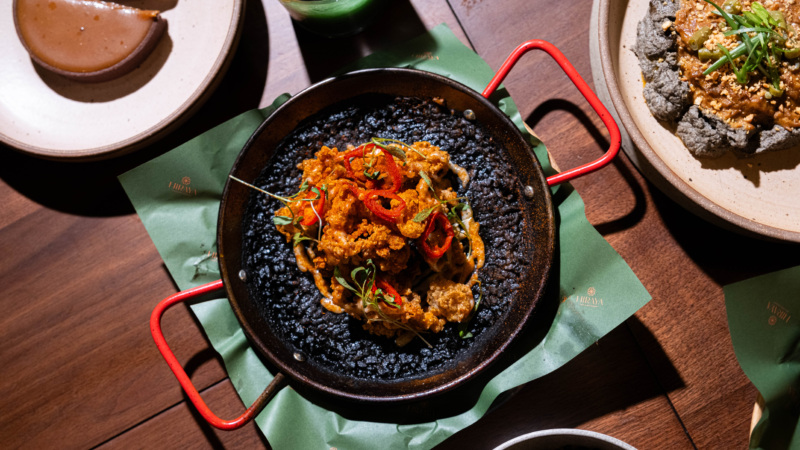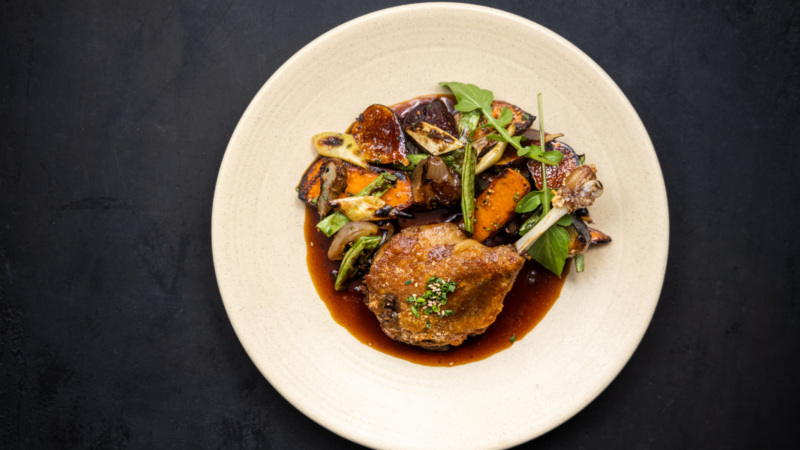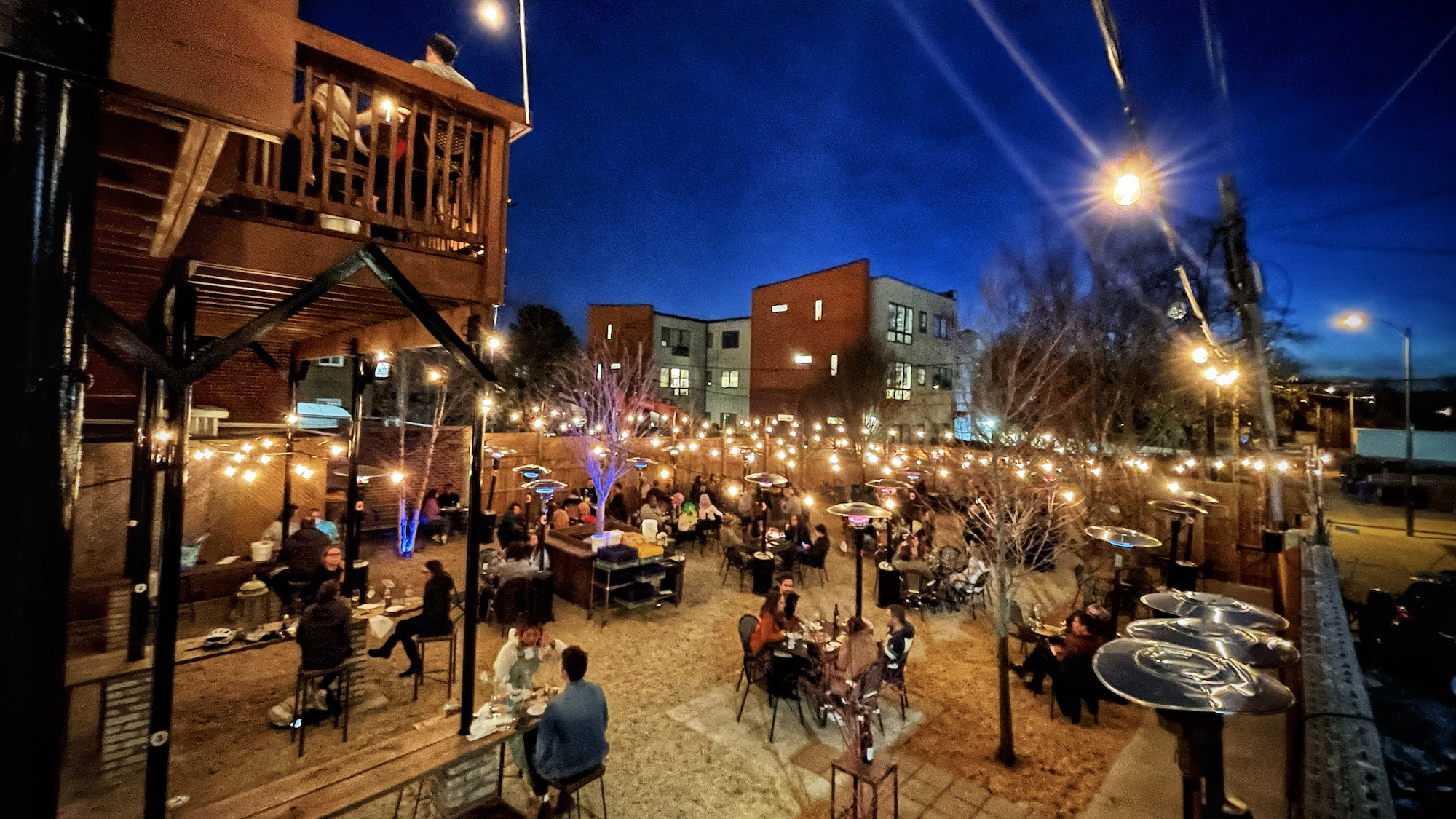
One Great List Washington D.C.
At St. Vincent Wine, It’s D.C. By Way of New Orleans
One Great List is Resy’s occasional tribute to particularly noteworthy or unique wine programs around the country.
“This street, Georgia Avenue, holds a lot of importance for me personally. We’re six blocks short of Howard University, which is where I went to school,” says Frederick Uku, co-owner of St. Vincent Wine. “If you told me 20 years ago that I’d be opening a wine bar here, I’d have told you to pass whatever you were smoking my way.”
But here he is, pouring magnums of Beaujolais and bottles of 2008 Lopez de Heredia, introducing unsuspecting folks to wines from Slovakia and Hungary, and giving the people what they really want in the middle of a Washington D.C. summer — which, Uku says, is anything “pink and cold.”
Uku and his business partner Peyton Sherwood opened up St. Vincent the day after Thanksgiving last year – six months late and in the throes of the pandemic. The two took over a decrepit dive bar that came with a bizarrely expansive outdoor footprint, revealed once all the rubble, brush and trees were cleared.
Today, St. Vincent is a lively dreamscape, with umbrella-ed tables, twinkle lights and open space, meant for lingering with friends and bottles and cheese boards, and listening to live music, something that is predestined to the fabric of the place (they just have to build a stage).
If this setup sounds ever-so-slightly familiar, there’s a reason for that — and Uku and Sherwood are the first to admit that the impetus for St. Vincent was a visit to New Orleans’ much-beloved Bacchanal in 2017.
“After five bottles of wine in one afternoon, we looked at each other and said, ‘we have to open this in Washington,” And while plenty of people have had the same dream for their own home city, “we had an almost obsessive and slavish devotion to opening it in D.C.,” says Uku. (Note: it was accomplished with the support and blessing of Bacchanal owner Joaquin Rodas.)
Much as with Bacchanal, the funny thing about the wine list at St. Vincent is that there really isn’t one – or at least there won’t be as COVID restrictions are further relaxed. The setup is made to function like this: You walk into the wine shop, where you’re met with racks and racks of wine (currently 212 selections) and people to help you choose. You place an order for whatever food you want, and then you walk out back, take a seat and let the day unfold.
But for now, everyone has to have a reservation (in 2-hour time slots) and the wines are all laid out on the restaurant’s website via a QR code. Because guests have primarily been ordering wine (and the number of glasses they’ll need) by phone, and interactions with staff have been pretty limited, Uku has made work of writing descriptions of the wines that will resonate with guests in two ways: by transmitting what the wines taste like in non-stuffy terms and with short stories about where the wines are from or who made them or what foods they might taste best with.
Three Essential Wines from St. Vincent’s Fred Uku
Bodegas Alvear 3 Moradas Vino de Pueblo ($40): Made in collaboration by one of today’s most sought-after Spanish producers, Envínate and one of the oldest winemaking families in Spain’s Jerez (sherry region), this is a still white wine made from 100% Pedro Jimenez, one of the main grapes used in sherry. “It should fail; it should fall flat on its ass and not work,” says Uku, but instead it is at once vivid and nutty and full of ultra-ripe fruit, a mind-bender.
Graci Etna Rosato ($70): Uku saw an opportunity and he took it. When the wines from Graci, an outstanding producer on Sicily’s Mount Etna switched distributors, a whole bunch of last-vintage rosato in magnum became available. From Etna’s main nerello mascalese grape aged in concrete, it’s mouthwatering in its acidity, with just the tiniest edge of strawberry fruit to sweeten the deal. This is a wine for making friends in a sprawling backyard and there’s plenty to go around.
João Pato Maria Duck Pét-Nat ($50): The Pato family is responsible for putting Portugal’s Barraida region on the international wine stage. Luis Pato has been championing the indigenous varieties there for decades and now his two daughters Filipa and Maria are doing the same with their own respective wine projects. This hazy, tart and wild pét-nat is made by Maria under the João Pato or Duckman pseudonym. (There are three selections from her on the the St. Vincent list.) “I love the second child living in the shadow of her famous sister and famous father and making wine under a fictitious character – that’s big second child energy for me,” says Uku. At only 10.2% alcohol, this is the sort of wine that can take you through the whole afternoon.
He’s a good storyteller. Consider a note on Los Bermejos Listan Rosado, a rosé from the black volcanic soil of Lanzarote in the Canary Islands: “Agriculturally speaking, this wine shouldn’t exist. And it sure as hell shouldn’t be as beautiful and well-structured as it is … Smoke and tangy fruit. Herbs, mint, rock … In case you couldn’t tell, this is one of our favorite wines on the planet.” Once people are fully back in the shop, all of this will be conveyed face to face.
Having worked around D.C. in wine for 20 years, Uku has a strong sense of where his interests lie, namely “everything that is from a region or part of the world that isn’t at the forefront of the zeitgeist, the names that aren’t on everyone’s tongue,” which is why there’s more than one cannonau di Sardegna on offer, why in addition to Alain Graillot’s Crozes Hermitage (in magnum) from the northern Rhône, the bottles for which he’s best known, Uku’s also put forth Graillot’s Syrocco, a syrah made in collaboration with a winery in Morocco.
Even the wines that have solid name recognition at this point — say, teroldego from Elisabetta Foradori — are from outside the usual Italian canon of Barolo and Chianti. If you want to stay on the main route, it’s there for you, but if you’re looking to tiptoe down something you’re not even sure is a path, that’s there in abundance.
And the beauty of the shop-to-yard construct is that Uku’s able to keep the prices of the wines very reasonable. There’s little available above $100, further encouraging such meandering. Even the nice stash of rosés give way to thinking well beyond Provence.
“The idea is to get the basic parameters of what someone wants and then steer them to what’s just outside their wheelhouse,” says Uku. And aren’t we all just about ready for that?
Megan Krigbaum writes about wine and all sorts of other drinks and travel for numerous publications. She’s currently a contributing editor for PUNCH, and formerly a wine editor at Food & Wine. Follow her on Twitter. Follow Resy, too.


